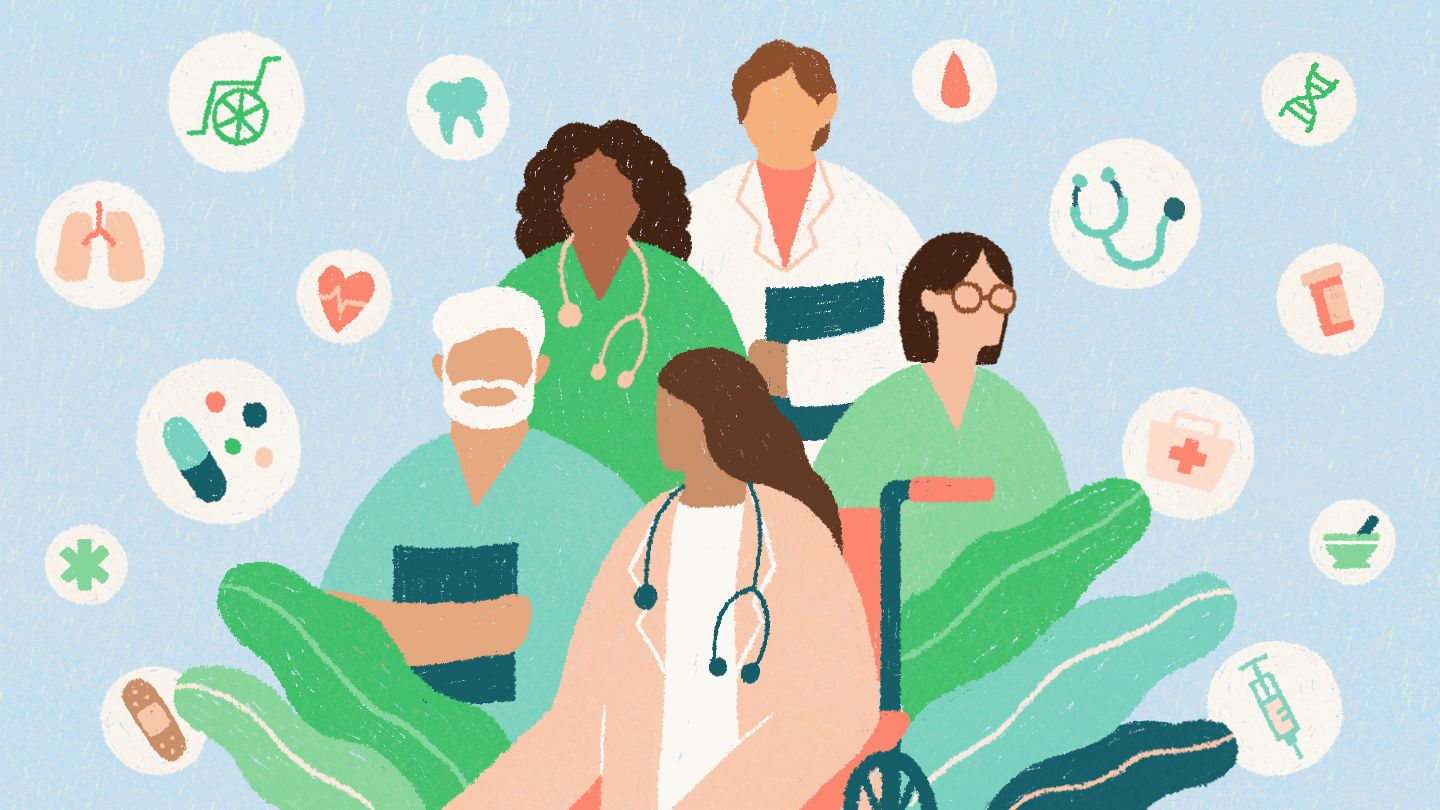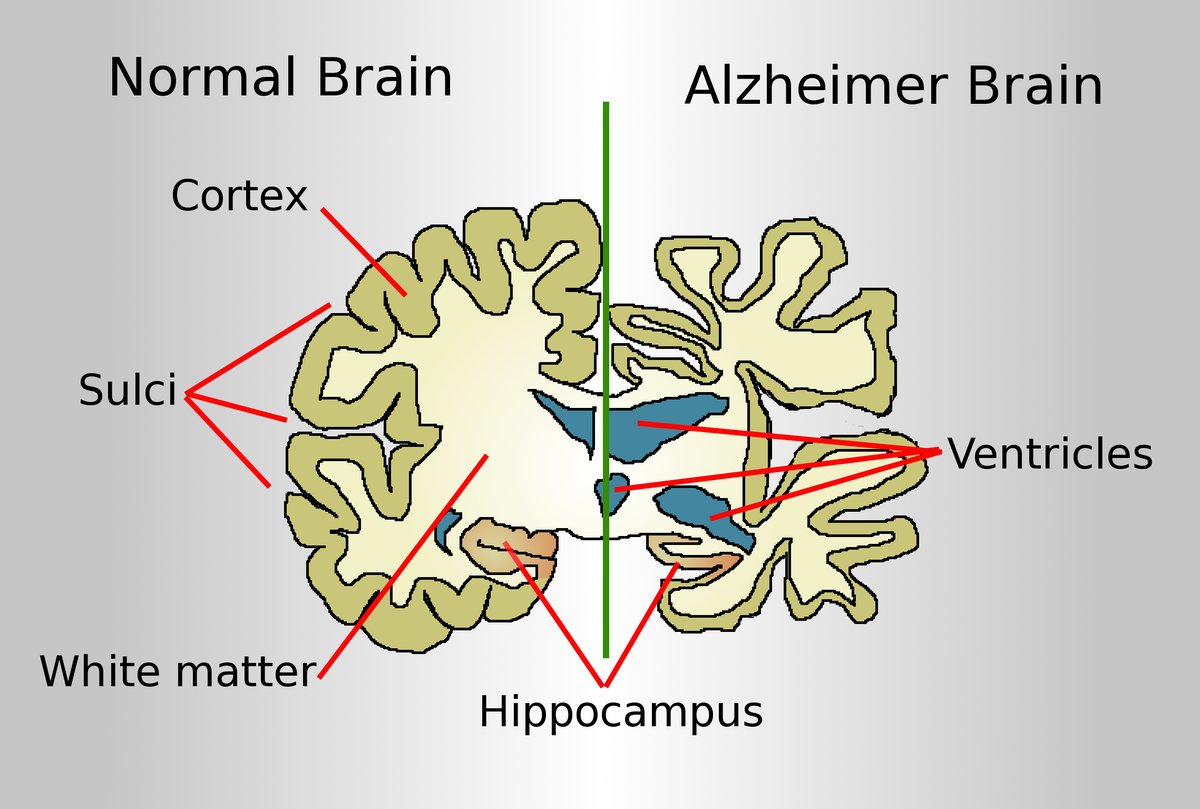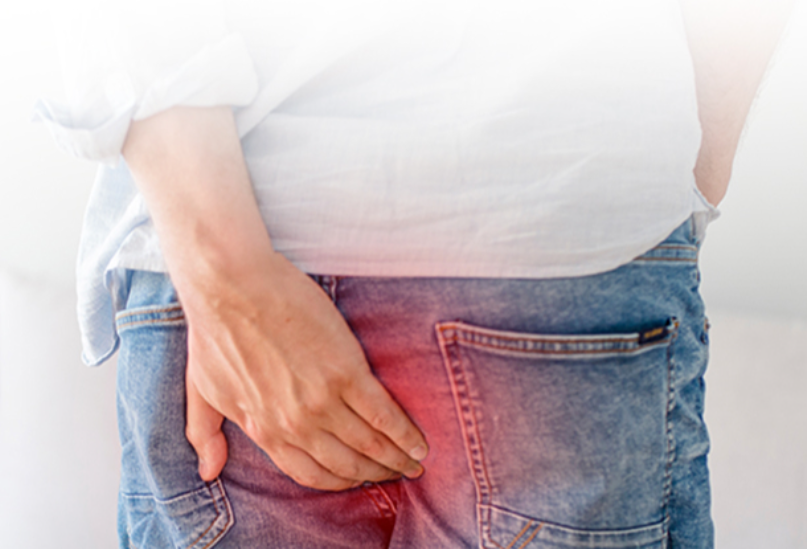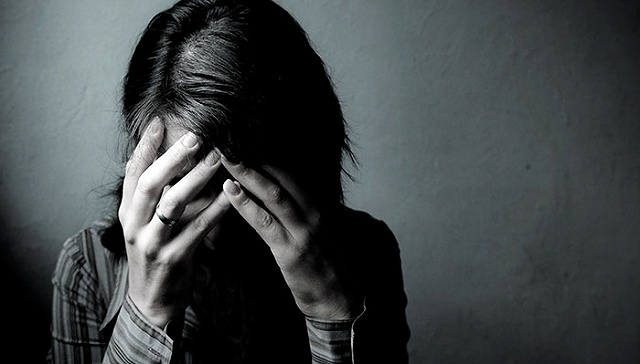WHO recommendations on COVID-19
WHO recommendations on COVID-19
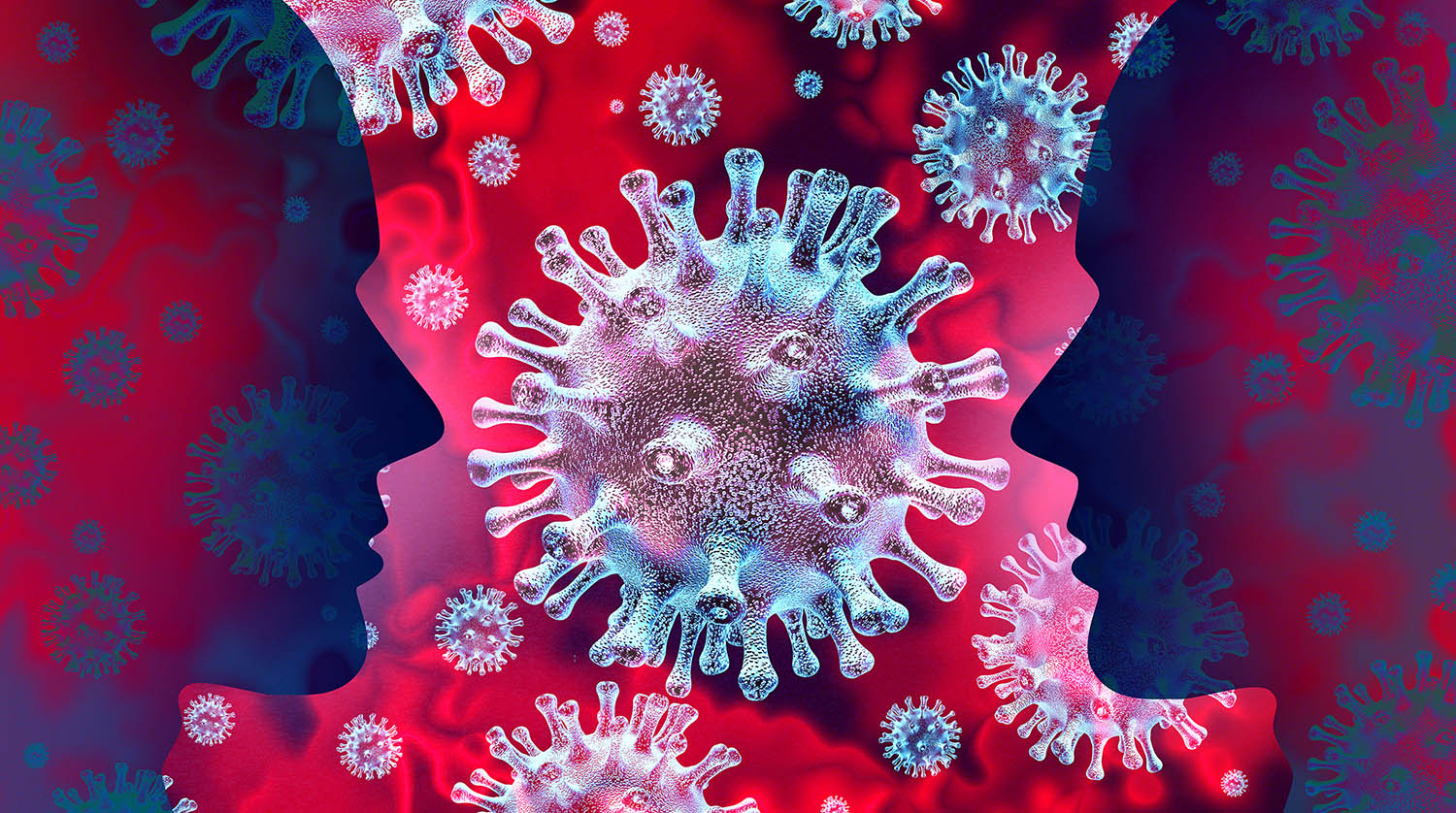
Q: To avoid contracting Coronavirus Disease 2019 (COVID-19), how do I greet someone?
A: To prevent contracting COVID-19, the safest thing to do is to avoid physical contact when greeting someone. Safe greetings include waving, nodding or bowing.
Q: Should I avoid shaking hands due to the new coronavirus?
A: Yes. Shaking hands, touching eyes, nose and mouth can spread respiratory viruses. You can wave, nod or bow when greeting someone.
Q: Will wearing rubber gloves in public be effective in preventing neocoronavirus infection?
A: No. Washing your hands often is more effective in preventing COVID-19 infection than wearing rubber gloves, which may be contaminated with COVID-19 contaminants. If you subsequently touch your face, the contaminant can be transferred from the gloves to your face and may transmit the disease to you.
Q: What can I do to shop safely during a COVID-19 outbreak?
A: When shopping, stay at least 1 meter away from others and avoid touching your eyes, mouth and nose. If possible, disinfect the handrails or handles of shopping carts or baskets before shopping. Wash your hands thoroughly when you get home and also after handling and storing your purchases.
Q: How do I wash my fruits and vegetables during the COVID-19 outbreak?
A: Fruits and vegetables are an important part of a healthy diet. They can be washed in the same way as any other situation. Before handling, wash your hands with soap and water. Then, wash fruits and vegetables thoroughly with clean water, especially if they are eaten raw
Q: Can COVID-19 be transmitted through coins and banknotes?
A: There is no evidence to confirm or deny that COVID-19 virus can be transmitted through coins or banknotes. However, respiratory droplets expelled by an infected person can contaminate and remain on the surface of objects. Wash your hands regularly and thoroughly after touching surfaces or objects that are frequently touched by people, including coins or banknotes. If your hands are not cleaned, avoid touching your eyes, mouth and nose.
Q: How should I wash and dry my clothes, towels and bedding if I have a suspected or confirmed patient with COVID-19 in my home?
Wash the patient’s clothes, towels, and bedding separately.
If possible, wear firm gloves before handling.
Never hold these soiled supplies close to the body; they should be placed in a clearly marked, non-leaking container (e.g., bag or bucket).
Use a flat, sturdy utensil to scrape solid excrement (such as feces or vomit) from these supplies into the patient’s toilet bowl before placing them in a dedicated container. If the patient’s room does not have a toilet fixture, the scraped excrement needs to be placed in a bucket with a lid and then taken to the toilet for disposal.
Wash and disinfect these items: Use a washing machine with hot water (60-90°C) and detergent. They can also be soaked in hot soapy water in a large bucket and then agitated with a stick, but care should be taken not to slap and splash them. If hot water is not available, they can be immersed in 0.05% chlorine bleach for about 30 minutes. Finally, they need to be rinsed with water and then hung out in the sun to dry.
Don’t forget to wash your hands at the end.
Q: How should I wash and dry my clothes, towels and bedding if there is no suspected or confirmed COVID-19 patient in my home?
A: They should be washed as usual with detergent or soap. It is not necessary to use a washing machine or dryer or to use very hot water. After drying clothes, be sure to wash your hands before handling and storing clothes, towels, and bedding.
If you have a suspected or confirmed COVID-19 patient in your home, wash their clothes, towels and bedding separately. Contaminated materials should always be kept away from your skin or clothing.

